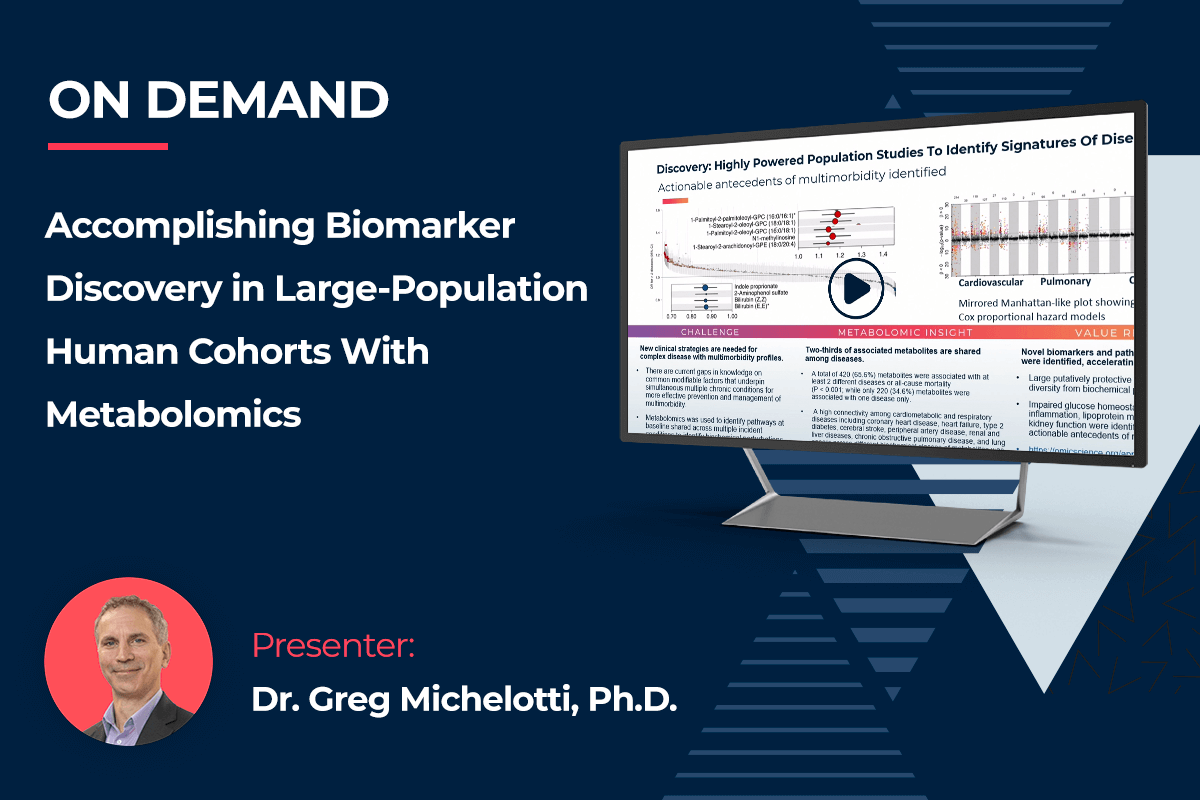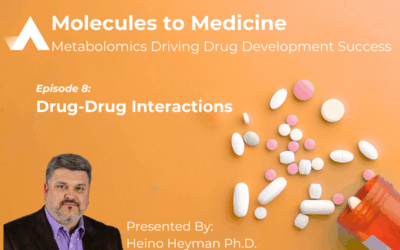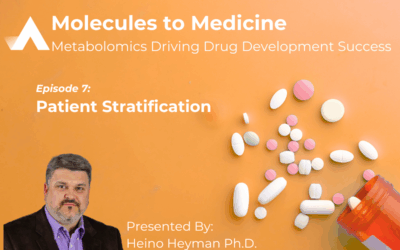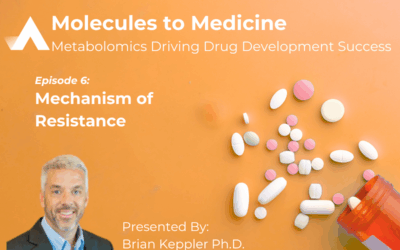ON-DEMAND WEBINAR
Accomplishing Biomarker Discovery in Large Population Human Cohorts With Metabolomics
“All diseases are metabolic diseases” – Greg Michelotti, Ph.D.
Metabolomics provides the most comprehensive characterization of molecules – both exogenous and endogenous – in a biological organism. This makes metabolomics and lipidomics, used to access and interpret functional phenotypic data, crucial to understanding disease and the underlying contributors to sustaining or impacting homeostasis.
In this presentation, hear from Dr. Greg Michelotti as he explores the use of metabolomics in six large-population research projects and their outcomes.
You will learn:
- The impact of exogenous factors on the biological phenotype (exposome)
- The relationship between cancer genetics and metabolomics
- Microbiome as a mechanism for metabolomic health and regulation.
Speakers:
Greg Michelotti, Ph.D.
 Dr. Greg Michelotti is the Director of International Population Health at Metabolon, Inc., the global leader in metabolomics that offers the world’s largest metabolomics knowledge base. Dr. Michelotti earned his doctoral degree in biochemistry from the University of South Carolina and applied this training to elucidate the molecular mechanisms underpinning multi-organ stress response pathways. Since joining Metabolon, Dr. Michelotti leads biology efforts to identify metabolic signatures of disease in large human population cohorts to accelerate our understanding of the metabolic basis of human health and the transition to pathologic states. Before joining Metabolon, Dr. Michelotti led a translational research laboratory at Duke University incorporating a multi-omics approach to understand the molecular basis of liver disease and NASH progression. Collectively, his work has generated over 90 primary, peer-reviewed research publications, resulting in an h-index of 39.
Dr. Greg Michelotti is the Director of International Population Health at Metabolon, Inc., the global leader in metabolomics that offers the world’s largest metabolomics knowledge base. Dr. Michelotti earned his doctoral degree in biochemistry from the University of South Carolina and applied this training to elucidate the molecular mechanisms underpinning multi-organ stress response pathways. Since joining Metabolon, Dr. Michelotti leads biology efforts to identify metabolic signatures of disease in large human population cohorts to accelerate our understanding of the metabolic basis of human health and the transition to pathologic states. Before joining Metabolon, Dr. Michelotti led a translational research laboratory at Duke University incorporating a multi-omics approach to understand the molecular basis of liver disease and NASH progression. Collectively, his work has generated over 90 primary, peer-reviewed research publications, resulting in an h-index of 39.





